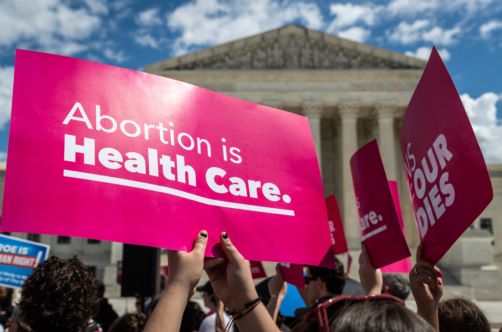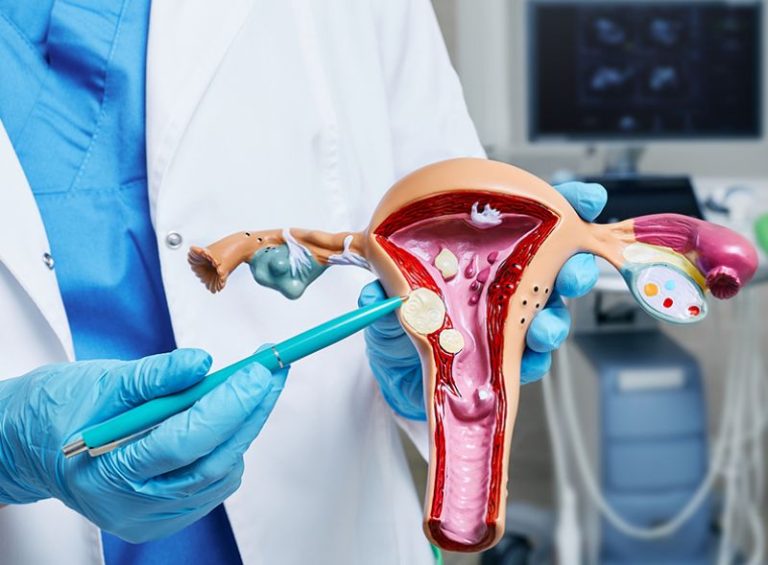

Some states have become islands of abortion access that surrounded by others with more restrictive laws.

By Melissa Quinn
Politics Reporter
CBSNews.com
In the months leading up to the Supreme Court’s 2022 decision overturning Roe v. Wade, abortion-rights supporters were sounding the alarm about the consequences of ending the constitutional right to abortion: clinics shuttering in states where abortion is outlawed, longer wait times at facilities in states where it remains legal, women unable to terminate pregnancies prematurely despite growing health risks, and a patchwork of state laws, with abortion effectively inaccessible in regions of the country.
And now one year after the Supreme Court issued its blockbuster decision on June 24, 2022, those warnings have become the reality, as the landscape surrounding abortion access shifted dramatically after the court rolled back nearly 50 years of precedent.
The Supreme Court’s divided decision in the case Dobbs v. Jackson Women’s Health Organization threw abortion policy back to the states, with the majority opinion authored by Justice Samuel Alito declaring that the court returned the authority to regulate abortion “to the people and their elected representative.”
Over the last 12 months, 13 states have enacted near-total bans on abortion, while at least a dozen more have approved new laws curtailing access. In one state, Wisconsin, abortion services are suspended due to uncertainty about the status of an abortion ban from 1849 that remained on the books after the Roe decision. Wisconsin’s top officials are challenging the pre-Roe ban in court, arguing it should be unenforceable.
“What this year has made clear and the legislative session has made clear is that a state’s abortion laws extend well beyond that state,” said Kelly Baden, vice president for public policy at the Guttmacher Institute, a pro-abortion rights research organization. “States are legislating their own abortion laws, but they need to see they’re impacting more people than just their own constituents.”
READ ENTIRE ARTICLE AT CBSNEWS.COM


